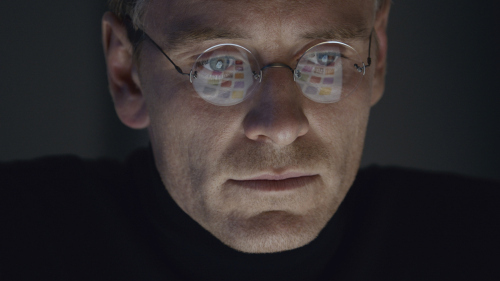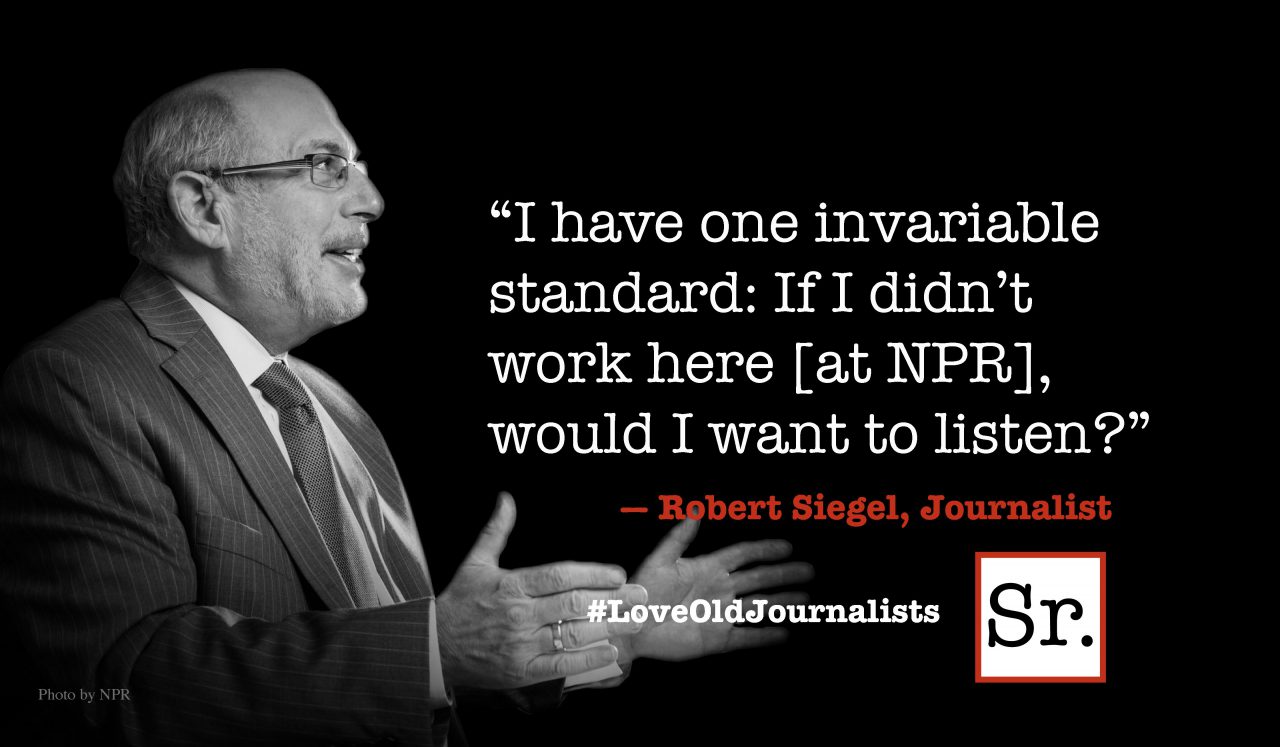Love him or hate him, Steve Job’s life was epic — so epic that any attempt to encompass it in a traditional movie biopic is doomed to failure. (Exhibit A: 2013’s lackluster “Jobs” with Ashton Kutcher as Apple’s genius in residence.)
Leave it to screenwriter Aaron Sorkin (“The Social Network,” TV’s “West Wing”) to find a way to embrace the salient features of Jobs’ life and personality while inventing a near-perfect narrative structure.
“Steve Jobs” works on just about every level, with a near-brilliant central performance by Michael Fassbender as Jobs, a jaw-droppingly good supporting cast, and effortless direction by Danny Boyle.
But it’s the script — not just the snappy dialogue but the way the story is told — that makes the film a small classic of operatic intensity.
“Steve Jobs” is essentially three one-act plays, each unfolding in real time and centering on the debut of one of Jobs’ landmark products.
The first 40-minute segment takes place in 1984 with the unveiling of the Macintosh computer. The second unfolds in 1988 when Jobs, having been fired by Apple’s board of directors, debuts his renegade effort, the ill-fated NeXT work station. Finally there’s the presentation in 1998 of the original iMac — by this time Jobs has returned to Apple in triumph.
There’s an element of show-biz pizzaz and ticking-clock suspense at work here. Jobs views each product debut as a sort of Broadway opening involving sound, video and his own central performance. And then there’s the not inconsequential fact that these various Apple products are often unfinished and still plagued by bugs. When Jobs flips the switch will they perform or just sit there?
In a sense, the film is a sort of backstage drama. As with last year’s “Birdman,” the story is captured with a roving camera (the cinematography is by Alwin H.Kuchler) following Jobs as he stalks the theaters wings and subterranean passages, always in motion, always shouting orders and making demands.
Common to all three segments is a recurring cast of characters who grow older and evolve over more than a decade:
Joanna Hoffman (Kate Winslet) is Apple’s head of marketing and apparently the only person on staff who can tell the domineering and arrogant Jobs when he’s full of shit. OK, she’s more politic than that, but basically she is Jiminy Cricket to Jobs’ Pinocchio.
Steve Wozniak (Seth Rogen) is the computer dweeb who cofounded Apple with Jobs, spearheaded the Apple II (for many years the only Apple product that made money) and over time was nudged out of the company (albeit with a huge golden parachute). Despite the betrayal and hurt, Woz still cares about his old partner.
“It’s not binary,” Wozniak cautions Jobs. “You can be decent and gifted at the same time.”
Andy Hertzfeld (Michael Stuhlbarg) is a programmer who takes much abuse from Jobs and eventually will play a pivotal role in the man’s personal life.
John Sculley (Jeff Daniels) is Apple’s CEO, recruited by Jobs and then instrumental in Jobs’ dismissal from Apple. By the third segment Sculley has been ousted as well.
These are Job’s business associates. Representing his private life is Chrisann Brennan (Katherine Waterston), Jobs’ former girlfriend and now desperate for the stubborn Apple bigwig to acknowledge that he is the father of Chrisann’s daughter Lisa (played at ages 5, 9 and 19 by Makenzie Moss, Ripley Sobo and Perla Haney-Jardine). Chrisann is by turns pathetic, furious, foolish and self-righteous.
At the center of this perfect storm is Fassbender’s Steve Jobs. The actor doesn’t much look like the Apple savant (actually Kutcher bore a better resemblance), but over a two-hour running time Fassbender merges with the historic figure.
And, man, is this a juicy role. This Jobs is cruel and pompous (“I don’t want people to dislike me. I’m indifferent to whether they dislike me.”), but he is capable of charm and of inspiring his colleagues to greatness. He’s a master manipulator (he knew the NeXT was a dead end, but the project provided Jobs with an opportunity to develop an operating system that Apple would want enough to bring him back on board).
He’s a brilliant thinker and speaker, but seems to have been shortchanged in the empathy department. He’s virtually immune to shame and wildly paranoid, seeing himself as a Caesar surrounded by assassins.
Only in the presence of Lisa, whom over time he grudgingly claims as his own, does a bit of warmth and human compassion emerge.
Fassbender’s Jobs isn’t likable, but as with the real man you can’t take your eyes off him. He’s a monumental figure, a godlike presence who changes the fates of common men.









